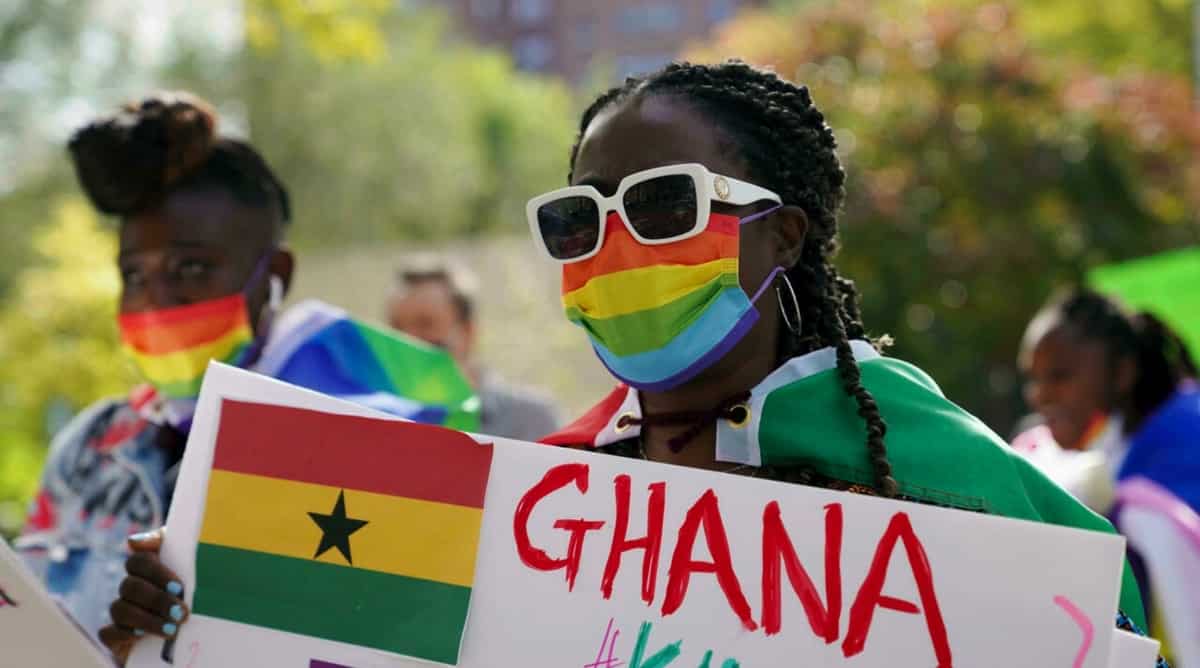Energy and Green Transition Minister, John Abdulai Jinapor, has disclosed that Ghana is in urgent need of $1.1 billion to purchase liquid fuel in order to sustain operations at its power plants — a failure to do so could trigger a nationwide energy shutdown in a matter of days.
Appearing before Parliament’s Energy Committee on Wednesday, May 15, the Minister warned that the country’s current liquid fuel reserves can only keep the power plants running for approximately 2.6 days.
“We require about $1.1 billion to procure liquid fuel alone. Unfortunately, the liquid fuel is not part of the tariff structure, and so we will be buying close to $15 billion of liquid fuel, and that has to be paid by the central government.”
According to him, the situation is dire, and efforts are being made to secure the next shipment of fuel, although financial constraints continue to weigh heavily on the sector.
“As I sit here, my next headache is how to get the next parcel of liquid fuel. The fuel we have would take us 2.6 days. We’ve placed an order for fuel, but it has to be paid. We’ve procured some fuel on credit and we are working with the Minister of Finance to pay, but the truth is that the Ministry of Finance also has its limit, and so we would be going to Cabinet to discuss how we can improve on the sector…”
The government is facing immense pressure to act swiftly as households and businesses brace for possible power outages due to dwindling fuel supply. Finance Minister Dr. Cassiel Ato Forson confirmed that more than $1 billion will be spent this year on liquid fuels — an expense that continues to weigh down the national budget.
As part of efforts to stabilize the energy sector, the Energy and Finance Ministries convened a high-level meeting with key stakeholders, including the Electricity Company of Ghana (ECG), Public Utilities Regulatory Commission (PURC), Volta River Authority (VRA), GRIDCo, and the Energy Commission. The engagement focused on reforms under the Energy Sector Recovery Programme (ESRP), with an emphasis on enhancing financial sustainability and operational efficiency.
To relieve the central government of the full burden of power-related expenses, all Metropolitan, Municipal, and District Assemblies (MMDAs) have been directed to budget for their electricity costs.
“The Cabinet has also adopted a position, and we will brief you, chairman, that all MMDAs are supposed to pay for their electricity bills. They have to budget for it,” the Minister said.
However, certain institutions in critical sectors such as health, education, and security will continue to benefit from government-covered electricity costs — but only to a defined extent.
“If you take the health sector, it’s the theatres, laboratories, the wards that would be exempted. If you take the educational institutions, dorms aren’t part, and restaurants aren’t part. Only lecture theaters, so we have classified that, and the cabinet is granting approval and will publish that.”
Meanwhile, concerns over electricity supply have deepened following reports that Karpowership — one of Ghana’s major power producers — may shut down its operations within 48 hours over a $400 million debt owed by the government. This follows earlier warnings in January and March regarding similar outstanding payments.
Despite urgent meetings held between government officials and Karpowership executives, a final resolution has yet to be reached.
The energy sector’s financial woes are further compounded by ECG’s monthly shortfall of GH₵2 billion, largely attributed to poor revenue collection. This ongoing deficit threatens the government’s ability to honor payments to Independent Power Producers (IPPs), some of whom have also raised concerns about suspending operations.
To strengthen fuel supply and reduce reliance on liquid fuel, the government is pushing ahead with plans for a second gas processing plant. The project, spearheaded by the Energy and Finance Ministers, is expected to save nearly $500 million annually and generate over 1,000 jobs. Dr. Forson has tasked the plant’s implementation committee to present a detailed execution plan within four weeks.
Minister Jinapor also underscored the importance of engaging the private sector in energy sector reforms, noting that while it won’t fix everything, it could significantly improve efficiency.
“It doesn’t entirely solve the problem… it takes us to another level because if the collections are reduced from 40% to say, 5%, it means they will be collecting more.”








